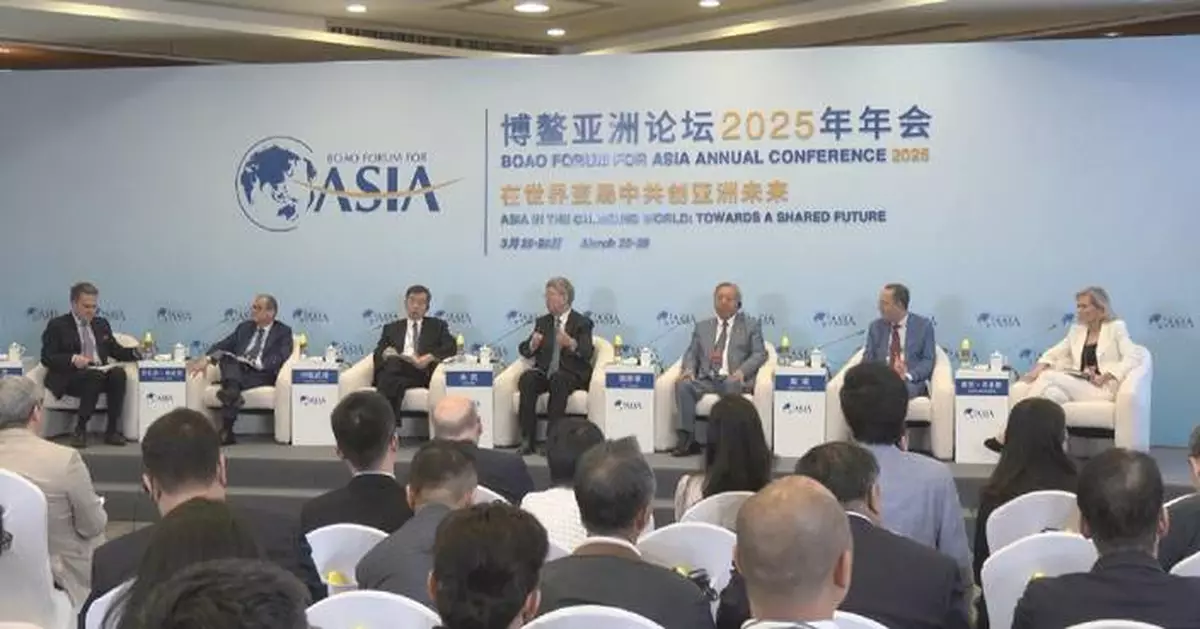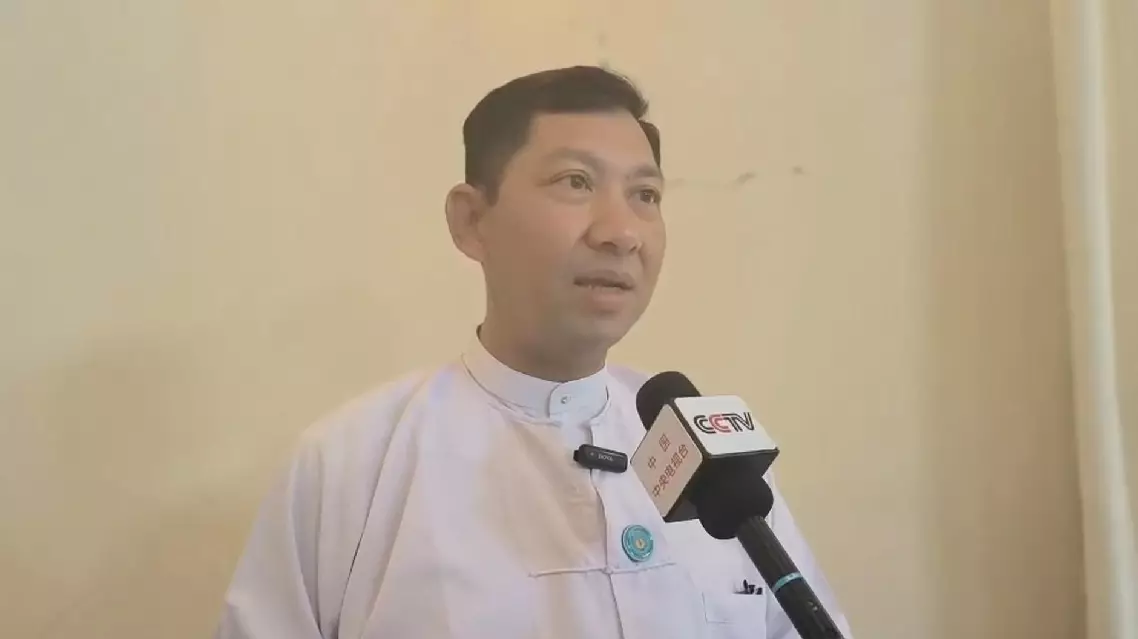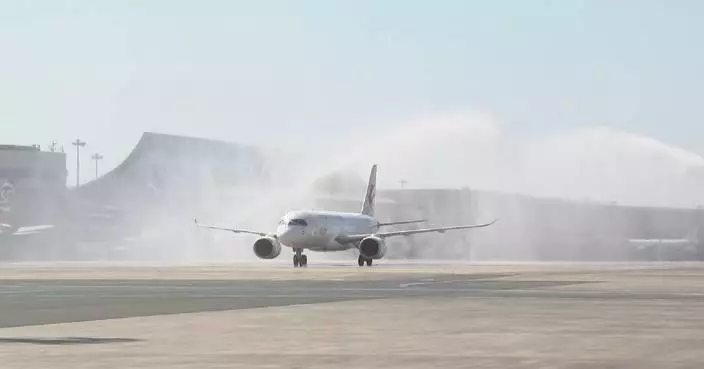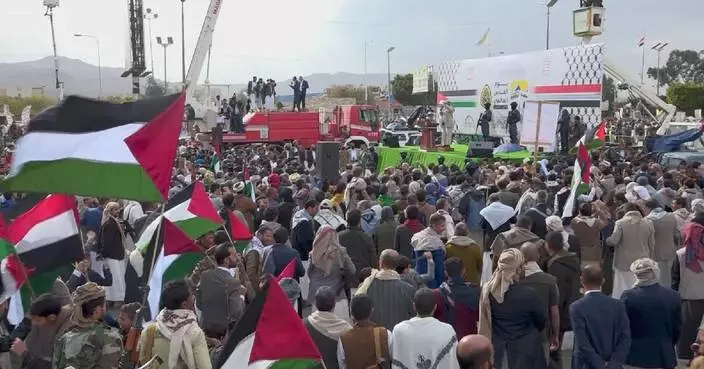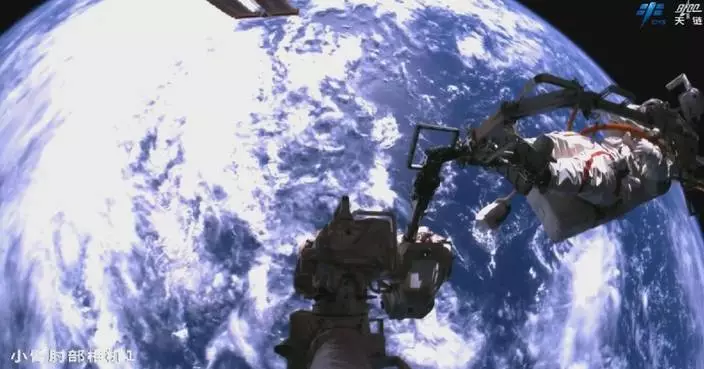Global guests attending the ongoing Boao Forum for Asia (BFA) have stressed the need to uphold openness and free trade to boost the world economy when trade liberalization faces severe challenges. Currently, the world economy is slowing down, the outlook for global trade is uncertain, and the geopolitical landscape is complex and changing. In a panel discussion of Building an Open World Economy: Challenges and Solutions, the economic experts called for the abandonment of trade protectionism as openness and free trade are the best response to uncertainty.
"Economic globalization is essentially beneficial to all countries because it is an international trade order based on the natural endowments and comparative advantages of each country," said Wu Xiaoqiu, director of the National Academy of Financial Research with Renmin University of China.
In its latest economic outlook report, the Organization for Economic Cooperation and Development lowered its global economic forecast to 3.1 percent and 3.0 percent in 2025 and 2026 due to higher trade barriers and increased geopolitical and policy uncertainties.
Trade protectionism will also have a significant negative impact on the U.S. economy. The Federal Reserve revised down its forecast for U.S. 2025 economic growth from 2.1 percent to 1.7 percent.
"One chapter on the destruction of the post-World War II system of American alliances underappreciated right now is how much the U.S. is being hit. And one of the biggest things that is being changed now is the dramatic decline in growth forecast for the U.S. I think the U.S. is seeing the beginning of a fairly substantial downturn. And that downturn in itself is going to have very global consequences," said Zanny Minton Beddoes, editor-in-chief of The Economist.
Faced with multiple downturn risks, Asia's trade in global intermediate goods far exceeds that of the European Union and North America. The BFA participants believe that Asia will remain the core of the global value chains as regional free trade agreements have bolstered Asia's goods and services trade.
"It's always important to remind ourselves that Asia is the center of the world's growth. We're certainly seeing greater optimism around the prospects for Chinese growth, and much of Southeast Asia is continuing to grow through growth as it matures into an important part of the world manufacturing economy. So despite the many headwinds, let's remember a lot of the world's growth centers in Asia," said Kevin Sneader, Hong Kong-based president of Asia Pacific Ex-Japan at Goldman Sachs, a global financial institution.
"Asia is playing a big stabilizing role in the current global uncertainty with very resilient supply chains and the good news is there is still a reserve of domestic demand. It's making Asia a bit more self sustained," said Denis Depoux, global managing director at Roland Berger, a global consultancy.
Themed on "Asia in the Changing World: Towards a Shared Future," the BFA 2025 Annual Conference, scheduled for March 25 to 28, has brought together nearly 2,000 attendees from more than 60 countries and regions to participate in more than 50 events including sub-forums and many bilateral events in the town of Boao, south China's Hainan Province.
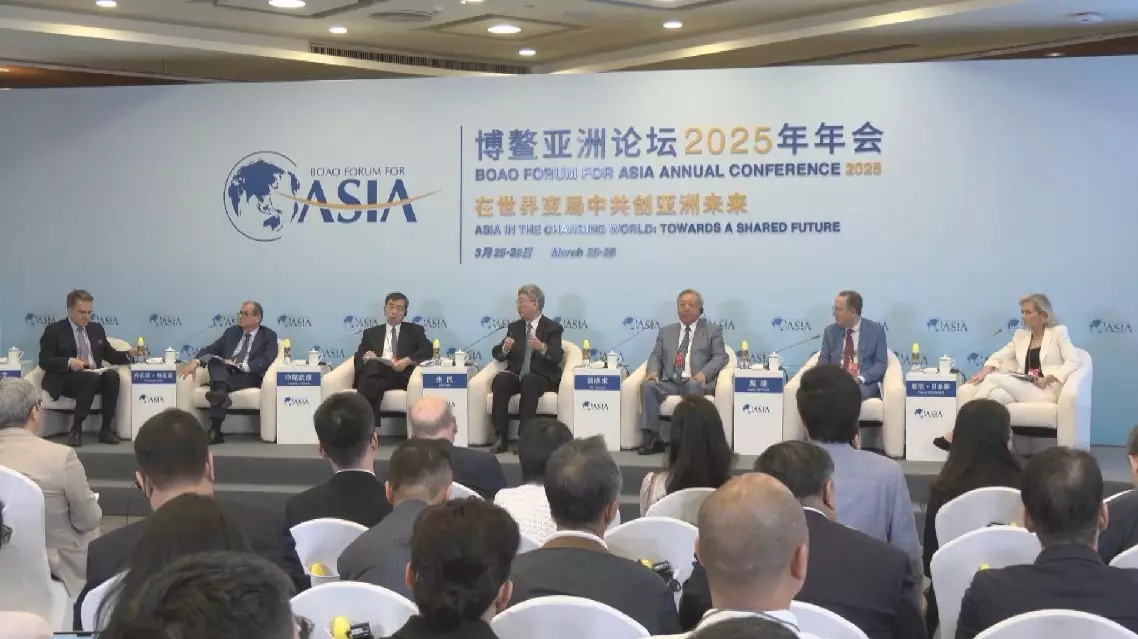
Global guests highlight openness, free trade for world economy


